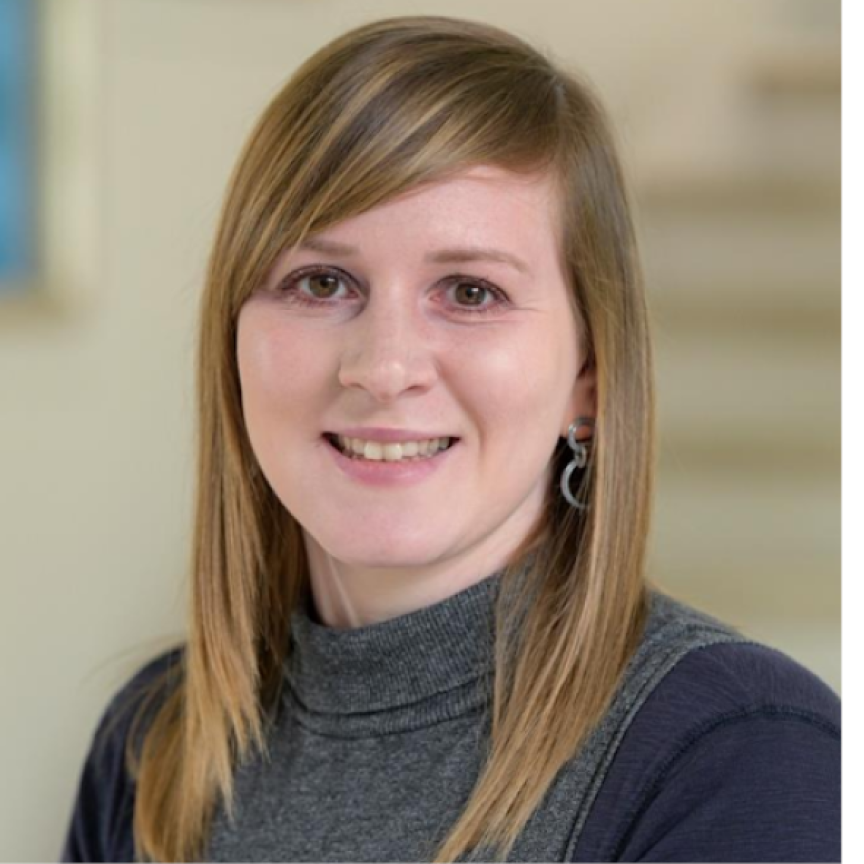The Earlham Institute (EI) is adding a state-of-the-art DNA Foundry for synthetic biology to its advanced suite of sequencing technologies.
This new foundry will help EI to support its research efforts, in particular, it will allow EI to accelerate its genomics research, enabling the Biotechnology and Biological Sciences Research Council (BBSRC) and other UK bioscience researchers to deliver research much faster than was previously possible.
Funded by a £1.9M grant, led by EI’s head of platforms and pipelines Dr Daniel Swan, the EI-DNA Foundry is one of five locations funded by the Biotechnology and Biological Sciences Research Council (BBSRC) to provide the UK's academic community and synthetic biology industries with DNA fabrication facilities.
Dr Nicola Patron, Leader of the new Synthetic Biology Group at EI, said: ‘The Foundry was set-up to enable us to pursue the development of bio-based products and processes that can provide sustainable and resource-efficient solutions to challenges such as the production of sufficient quantities of safe and affordable food, chemicals, materials, energy, and health products for the growing global population.’
Synthetic biology is a field of research that applies engineering principles to biology and biotechnology. It uses skills from multiple scientific disciplines, including mathematical modelling, engineering, programming, biology, biochemistry and biomedicine, helping scientists to understand and use living systems.
Underpinning synthetic biology is the ability to program cells by providing them with new DNA instructions. The DNA Foundry at EI provides an efficient, automated DNA assembly platform that assembles synthetic molecules at the nanoscale, reducing time, effort and cost.
EI’s DNA sequencing capabilities will verify the accuracy of the DNA assemblies produced in the Foundry and provide data about how the assemblies function in cells. |This will be further bolstered by EI’s capabilities in bioinformatics and high-performance computing which will aid the design process.
‘A few years ago, the major bottleneck for bioengineering was the building of DNA molecules. The automation of new molecular biology technologies at facilities such as the EI-DNA foundry have propelled us over that hurdle,’ said Dr Patron. ‘Right now we are working on methods for measuring outputs from designed genetic circuits (DNA molecules containing several genes that together produce a specific product or behaviour) and analysing the data we collect so that we can improve our designs.’
The EI Foundry contains a suite of equipment for automated DNA assembly and delivery of DNA to living cells for generating highly reproducible data. Specifically funded to support the design, generation and exploitation of high-value and bioactive compounds obtained from plants, microbes and animals. The foundry will also complement the Norwich Research Park’s Industrial Biotechnology Alliance (IBA), which aims to address major societal and environmental challenges of the 21st century.
Current projects of Patron and her group at EI include applying new Cas9/CRISPR genome editing methods to identify advantageous genetic traits related to yield and nutrition in key crops such as barley, potatoes, and broccoli. Patron is also working on developing plants for use as production systems for therapeutic molecules and is an investigator in ‘OpenPlant’, which aims to catalyse transformative advances and develop open technologies for responsible innovation in sustainable agriculture and conservation.
‘As we get better at understanding how DNA sequences relate to biological function we will improve our understanding of living organisms and can apply this to sustainable bio-based production. This is going to be of particular importance for the low-cost, high-scale production of drugs, vaccines and other pharmaceuticals, as well as for providing alternative materials to those currently made from petroleum products’ said Patron.

